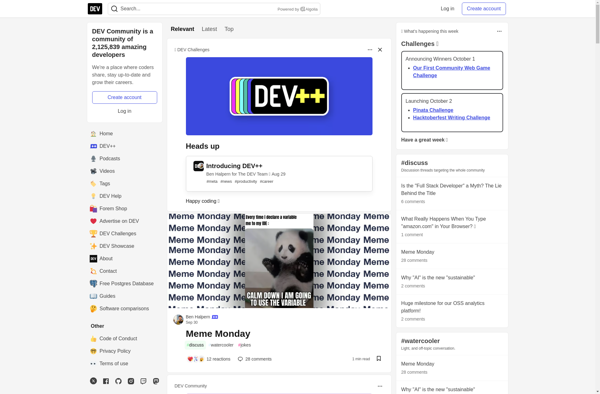Boostlog
Boostlog: Open-Source Blog Platform for Developer Productivity
Open-source blog platform focused on developer productivity, minimal interface, and distraction-free writing experience
What is Boostlog?
Boostlog is an open-source blog platform built for developers. It has a clean and minimal interface that aims to let developers focus on writing content without getting distracted by complex options or UI. The editing experience is simple markdown in a large text box, making it easy for devs to quickly write technical posts.
Some key features of Boostlog include:
- Markdown editing and live preview
- Customizable layouts
- Tagging and categories
- Code snippet support
- Syntax highlighting
- Drafts and publishing workflow
- RSS and sitemap generation
- Search engine optimization
As an open source project, Boostlog is extensible and developers can create custom plugins. It aims to combine the simplicity of a minimal blogging platform with the power and customization that developers expect. The goal is improving productivity for technical blogging.
Boostlog Features
Features
- Markdown editor
- Code highlighting
- LaTeX support
- Tagging
- RSS feeds
- Social sharing
- Custom domains
- Open API
- Git-based workflow
Pricing
- Open Source
Pros
Cons
Official Links
Reviews & Ratings
Login to ReviewThe Best Boostlog Alternatives
Top Development and Blogging and other similar apps like Boostlog
Medium
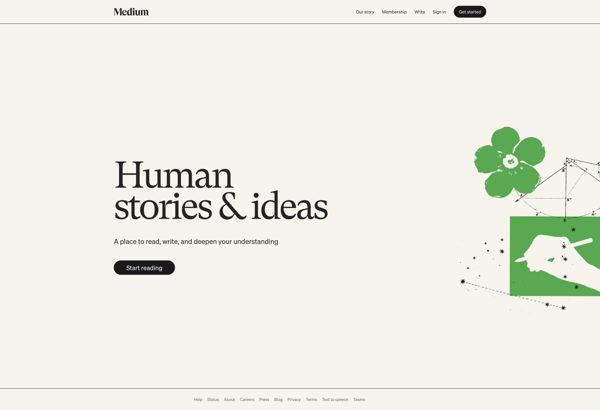
WordPress
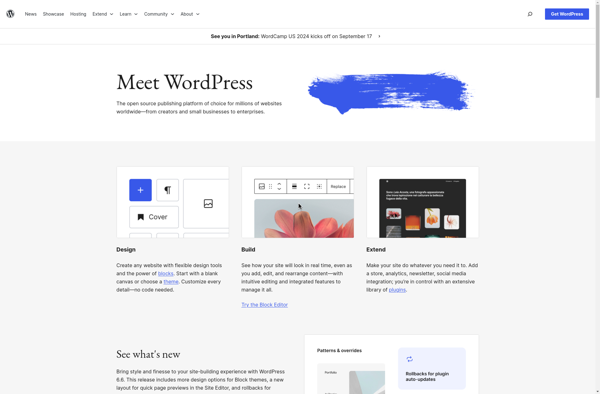
Webflow

Blogger
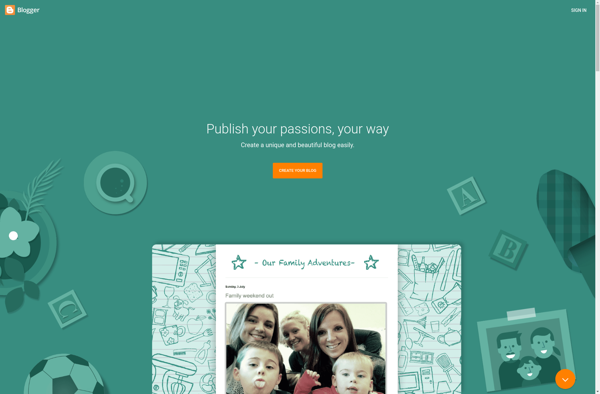
Tumblr
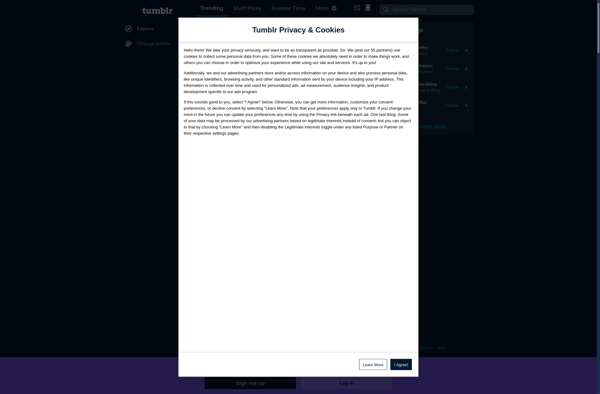
Jekyll
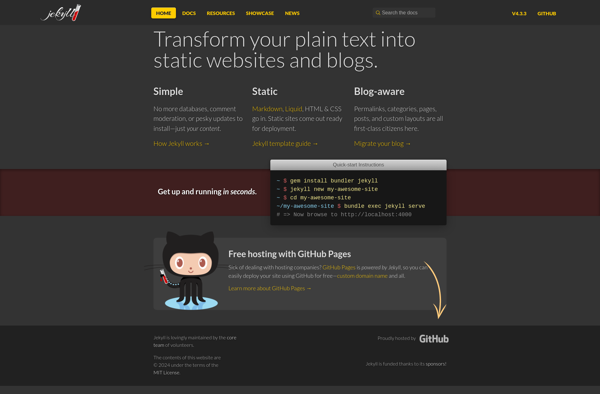
Silex
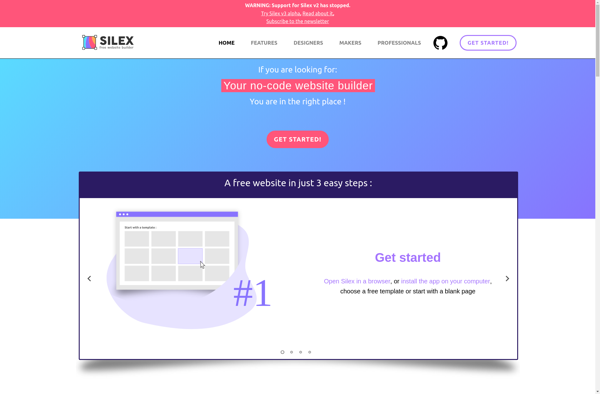
Drupal
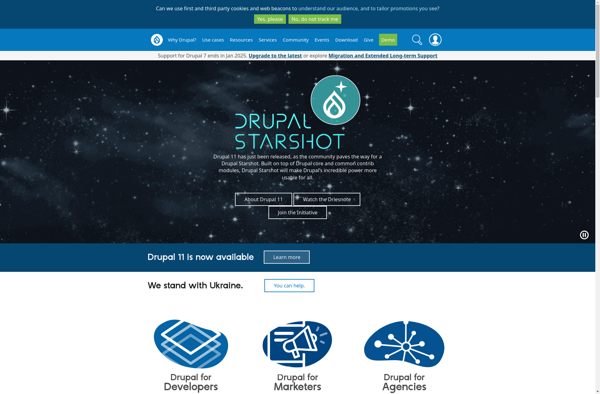
Joomla
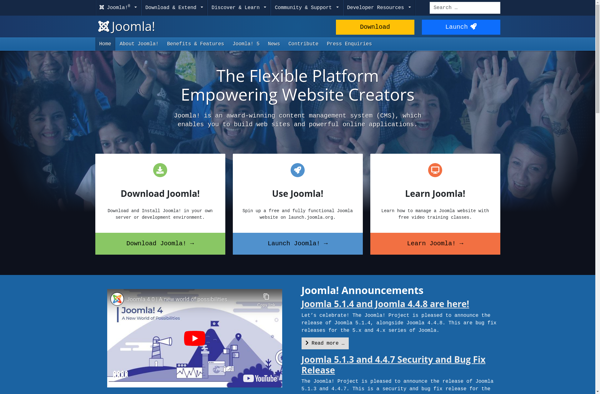
DEV Community
